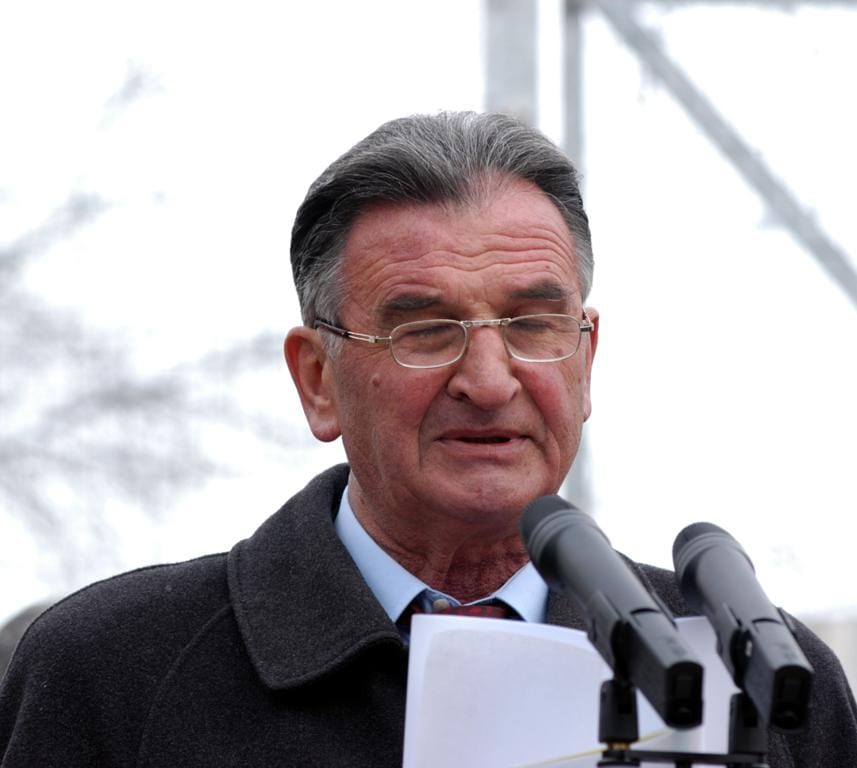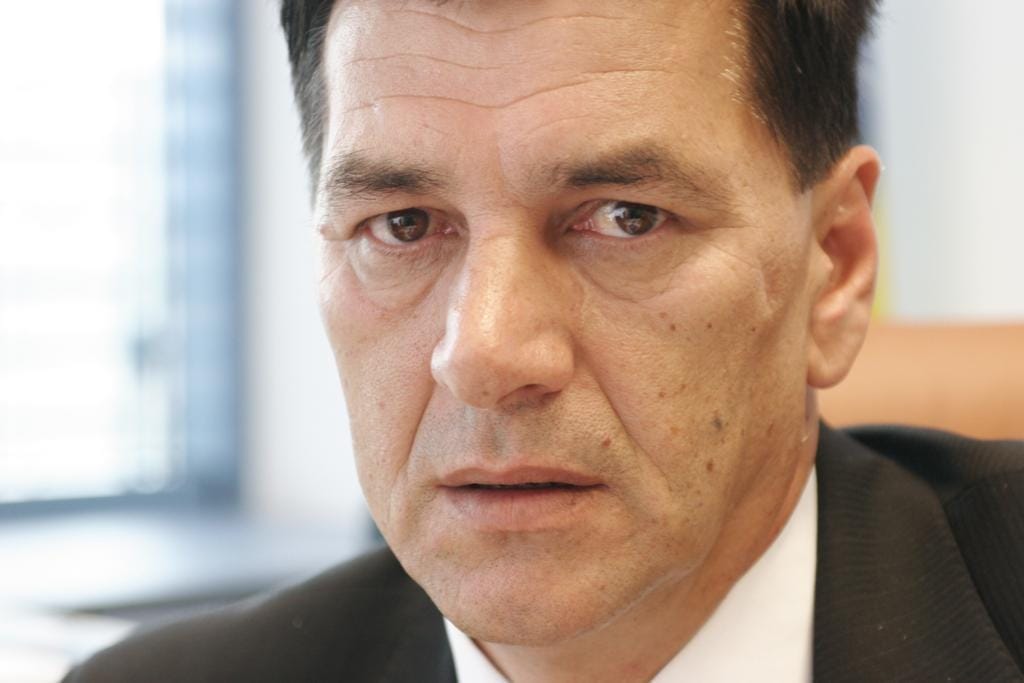The same government officials who claim that their administrations cannot work without the help of commissions do not know how many of these groups have been established at any level of governance in Bosnia and Herzegovina (BiH). They cannot calculate how much money the hundreds of commissions at varying levels of government cost taxpayers each year. And only a few auditors closely follow commission work to find out whether they really do the job or even hold meetings.
In 2007, the state tried to gather records from previous years on commissions, but gave it up as an impossible task. Fuad Kasumović, deputy minister of finance of BiH, acknowledged the inability to make an inventory of commissions because government ministers and senior officials had created the commissions and decided on how much to pay members without providing any accounting to the BiH Council of Ministers.
Rewarding Work – or Loyalty?
Commissions are typically set up to meet various needs of the administration, including one to destroy old rubber stamps, another to draw up office inventory, another to buy official cars and others to appoint a new official or draft a bill.
Kasumović said another purpose of commissions has been a way for ministers to reward workers they considered loyal.
‘It was yes-men who were appointed into commissions’ Kasumović said. ‘Those who didn’t go with the program could not enter commissions. This is also true today.’
But ministers did not leave those rewards only to loyal workers. It was not rare for a minister to take a commission seat.

Among those who appointed themselves between 2006 and 2008: the ministers of justice, including Slobodan Kovač, former BiH justice minister, who earned 12,834 KM; Feliks Vidović, the justice minister of the Federation of BiH (12,545 KM); and his predecessor Borjana Krišto (11,440 KM). In 2008, BiH Justice Minister Bariša Čolak received 3,600 KM for work on one commission.
To get a full picture of the role commissions play in administering the country, the Center for Investigative Reporting in Sarajevo (CIN) requested data on commissions at all levels – municipal, cantonal, entity and state – and asked for data on the amount of pay members received. CIN also requested individual reports on the work of commissions. Most ministries responded to CIN’s requests, but in some cases, they left gaps in the payment breakdown and other information.
Other institutions said that it was difficult to locate records on commissions or that the requests were too demanding. They said they did not have the money, time or resources to answer all of CIN’s questions. Even though government agencies are bound by law to deliver the requested information within 15 days, or to cite a reason they would not or could not, some agencies never bothered to respond.
Records Reveal State, Entity Expenditures
The records that were furnished showed commissions established by state and entity government and ministries spent – on fees alone – at least 9.39 million KM from January 2006 through 2008. That is not the full picture, however, because some commissions did not submit complete data revealing how much members were paid. Many commissions operated during the working hours of their members, did not file reports on their activities and missed deadlines. Only in rare cases was pay withheld from commissioners until the job was done.
After years of such payments, in July 2007, the BiH Council of Ministers temporarily stopped payments to all state commissions, voiding the old decision for remuneration.
Ranko Šakota, assistant to the BiH minister of finance, explained that the BiH Council of Ministers concluded that the commission system was getting out of control sought a reasonable solution. The older decision did not limit the number of commissions a single agency could set up. So commissions were created without consultation with the Council of Ministers, which led to the state cabinet having no control over the money spent, Šakota said.
A few months after the early decision was voided, the Council of Ministers passed a new decision in September on the creation and financing of commissions. The new decision put many restrictions on payments to commissioners and resulted in savings, according to the data reviewed by CIN.
The council and nine ministries in 2006 paid 805,952 KM for commissions; in 2008 they paid 166,640 KM for commissions.
The most important new measure was that payment required prior approval of the BiH Council of Ministers and an advisory opinion from the BiH Ministry of Finance. The state commissions now get funded only afgter submitting a report to the Council of Ministers.
The BiH Parliamentary Assembly was not covered by those decisions. In 2008 commissioners under parliament, many of them members of the Assembly, received 222,472 KM in 2008, their pay ranging from 100 KM to 11,464 KM for that year alone.
In the Republika Srpska (RS), officials are not supposed to be allowed to earn money other than their salaries or to collect benefits other than travel and meals. This rule was established by a new salary law valid since January 2008.
To compensate, according to a union representative, salaries in the RS government have been increased to about double, on average. Workers can still earn money by serving on examination commissions.
This is because of the rationale that those commissions are funded by fees from candidates, not directly from the state budget. Such commissioners include Nikola Kovačević, assistant to the RS minister of justice, who earned 5,000KM in 2008 and Marica Švraka, chief of Finances and Accounting for the RS Ministry of Justice, who earned 1,800 KM in 2008.
The FBiH made no significant changes in its commission system.
Three cantons were sampled. Records show government and ministries of Sarajevo Canton spent at least 2.7 million KM on commissions between 2006 and 2008.
Tuzla Canton spent 446,886 KM on commissions in 2007. Herzegovina-Neretva Canton government and ministries budgeted 2 million KM gross payments for commissioners for 2006 and 2007.
The District of Brčko, which supplied figures from 2007 to June 2008, spent 427,457 KM on commissions for those years. Most municipalities did not furnish records.
The CIN review of records available found most of the spending on commission came at the FBiH level. The next biggest spenders were the RS and the cantons. The state seemed to spend the least.
No government at any level offered complete records detailing exactly how commissions spent taxpayers’ money.
FBiH Spent the Most
CIN discovered that FBiH government and ministries spent at least 5.1 million KM between 2006 and 2008.
In the RS, 11 ministries spent at least 2.68 million KM. CIN reporters found much of the datas is incomplete, meaning the true figure could be even higher. State authorities reported spending at least 1.59 million KM.
The commissions are mainly created in accordance with the decisions on the creation of commissions, as well as on some laws which envision the creation of commissions. They are often created based on internal acts.
The records furnished show that not all commission members were paid the same. Those interviewed by CIN reporters said the amount of pay for a commission post was based on many factors, including individual results, the expertise of a commission and the deadline to complete the job. In practice, however, that does not seem to be the case.
Kasumović, an established critic of the commission system, said, ‘No one cared about keeping commissions in check because they were an additional and non-transparent source of income.’











